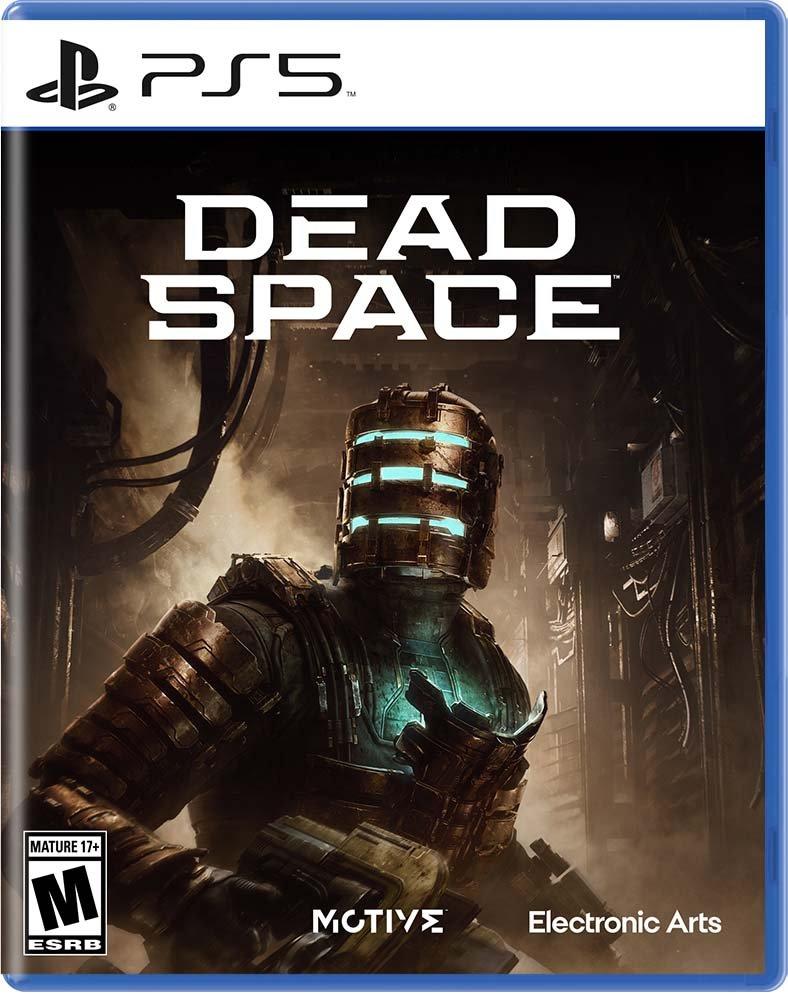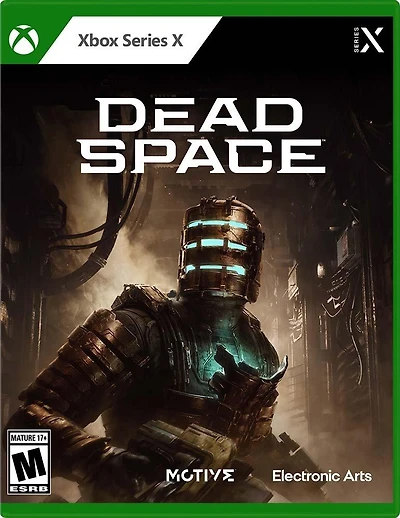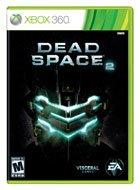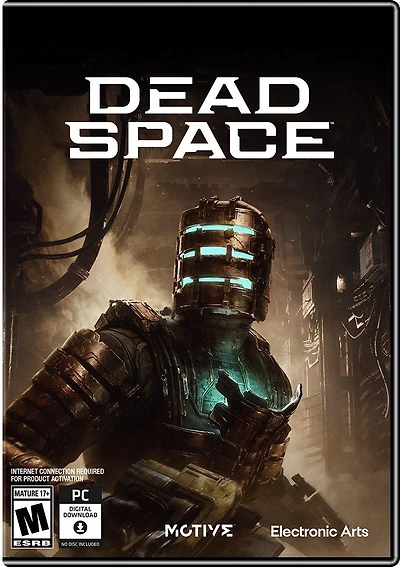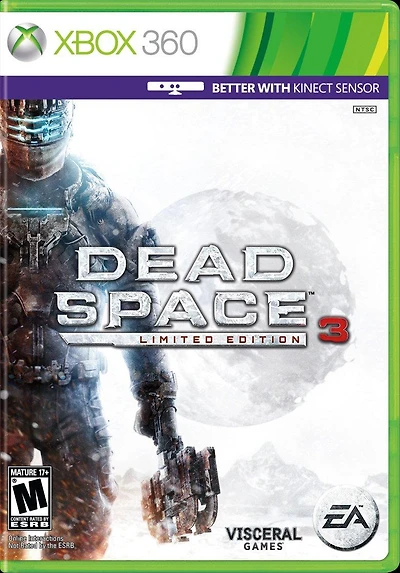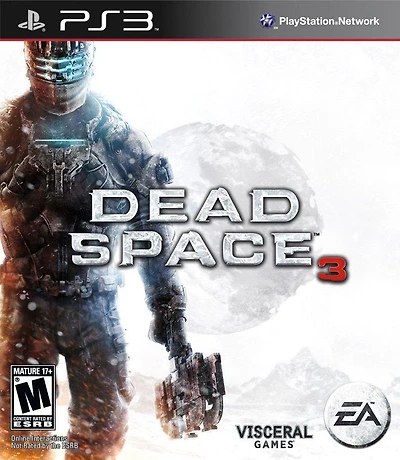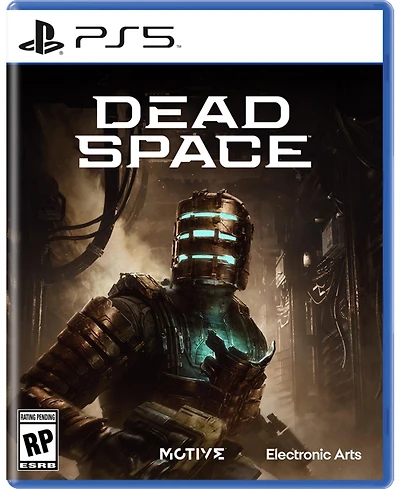Home
U.S. Militarism and the Terrain of Memory: Negotiating Dead Space
Barnes and Noble
Loading Inventory...
U.S. Militarism and the Terrain of Memory: Negotiating Dead Space in Franklin, TN
Current price: $190.00

Barnes and Noble
U.S. Militarism and the Terrain of Memory: Negotiating Dead Space in Franklin, TN
Current price: $190.00
Loading Inventory...
Size: Hardcover
This book analyzes how the Iraqi city of Fallujah became registered as a setting for military heroics in American memory.
In 2004, the U.S. military conducted two disastrous assaults in Fallujah, Iraq. More than 1,000 citizens were killed, and, according to the military’s own estimate, upwards of 200,000 people were displaced because of the violence. Yet, despite this human catastrophe, the kind of information that emerged in the public domain during the battle foregrounded the soldier's experience in war while effacing the destruction of Iraqi bodies. This tendency to foreground the soldier body is a direct result of the military’s intervention in what they conceptualize as the "information environment." This book draws from the second assault in Fallujah as a case study to explicate the military’s investment in this perspectival space, which is a consequence both of the mediatization of contemporary war and of the need to influence knowledge considered unfavorable to military operations. In short, the military enlists the media in their targeting process to produce information that is then deployed as persuasive force to modify the beliefs of specific target populations. When the cultural texts produced by the media are remediated in the public domain after war, they can be thought of as martial constructs because they originated during war through the military’s systemized attempt to influence knowledge. That is, these texts trace to a specific battlefield objective. This book reframes the notion of propaganda as a generalized public relations strategy into a more acute and coordinated attempt to decontextualize specific knowledge in the information environment.
This book will be of much interest to students of media and communication studies, war studies, memory studies, and international relations.
In 2004, the U.S. military conducted two disastrous assaults in Fallujah, Iraq. More than 1,000 citizens were killed, and, according to the military’s own estimate, upwards of 200,000 people were displaced because of the violence. Yet, despite this human catastrophe, the kind of information that emerged in the public domain during the battle foregrounded the soldier's experience in war while effacing the destruction of Iraqi bodies. This tendency to foreground the soldier body is a direct result of the military’s intervention in what they conceptualize as the "information environment." This book draws from the second assault in Fallujah as a case study to explicate the military’s investment in this perspectival space, which is a consequence both of the mediatization of contemporary war and of the need to influence knowledge considered unfavorable to military operations. In short, the military enlists the media in their targeting process to produce information that is then deployed as persuasive force to modify the beliefs of specific target populations. When the cultural texts produced by the media are remediated in the public domain after war, they can be thought of as martial constructs because they originated during war through the military’s systemized attempt to influence knowledge. That is, these texts trace to a specific battlefield objective. This book reframes the notion of propaganda as a generalized public relations strategy into a more acute and coordinated attempt to decontextualize specific knowledge in the information environment.
This book will be of much interest to students of media and communication studies, war studies, memory studies, and international relations.
This book analyzes how the Iraqi city of Fallujah became registered as a setting for military heroics in American memory.
In 2004, the U.S. military conducted two disastrous assaults in Fallujah, Iraq. More than 1,000 citizens were killed, and, according to the military’s own estimate, upwards of 200,000 people were displaced because of the violence. Yet, despite this human catastrophe, the kind of information that emerged in the public domain during the battle foregrounded the soldier's experience in war while effacing the destruction of Iraqi bodies. This tendency to foreground the soldier body is a direct result of the military’s intervention in what they conceptualize as the "information environment." This book draws from the second assault in Fallujah as a case study to explicate the military’s investment in this perspectival space, which is a consequence both of the mediatization of contemporary war and of the need to influence knowledge considered unfavorable to military operations. In short, the military enlists the media in their targeting process to produce information that is then deployed as persuasive force to modify the beliefs of specific target populations. When the cultural texts produced by the media are remediated in the public domain after war, they can be thought of as martial constructs because they originated during war through the military’s systemized attempt to influence knowledge. That is, these texts trace to a specific battlefield objective. This book reframes the notion of propaganda as a generalized public relations strategy into a more acute and coordinated attempt to decontextualize specific knowledge in the information environment.
This book will be of much interest to students of media and communication studies, war studies, memory studies, and international relations.
In 2004, the U.S. military conducted two disastrous assaults in Fallujah, Iraq. More than 1,000 citizens were killed, and, according to the military’s own estimate, upwards of 200,000 people were displaced because of the violence. Yet, despite this human catastrophe, the kind of information that emerged in the public domain during the battle foregrounded the soldier's experience in war while effacing the destruction of Iraqi bodies. This tendency to foreground the soldier body is a direct result of the military’s intervention in what they conceptualize as the "information environment." This book draws from the second assault in Fallujah as a case study to explicate the military’s investment in this perspectival space, which is a consequence both of the mediatization of contemporary war and of the need to influence knowledge considered unfavorable to military operations. In short, the military enlists the media in their targeting process to produce information that is then deployed as persuasive force to modify the beliefs of specific target populations. When the cultural texts produced by the media are remediated in the public domain after war, they can be thought of as martial constructs because they originated during war through the military’s systemized attempt to influence knowledge. That is, these texts trace to a specific battlefield objective. This book reframes the notion of propaganda as a generalized public relations strategy into a more acute and coordinated attempt to decontextualize specific knowledge in the information environment.
This book will be of much interest to students of media and communication studies, war studies, memory studies, and international relations.

